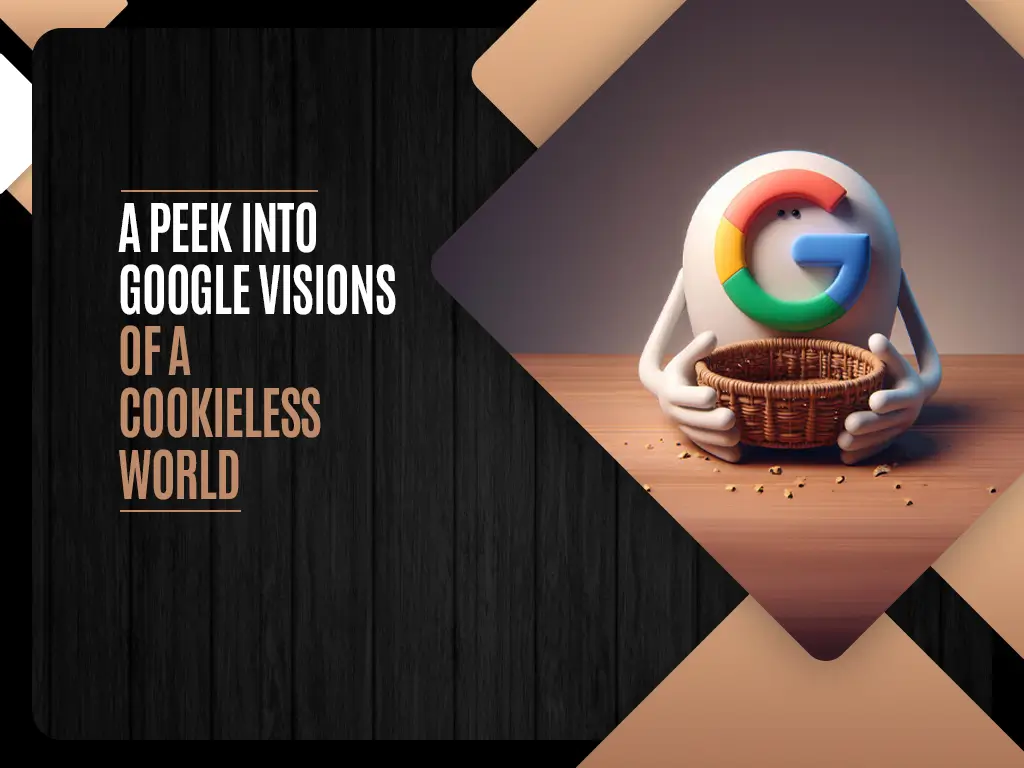A peek into Google visions of a Cookieless world

1st May, New Jersey: The newest developments by Google indicate that they lead the pack in aestheticizing their vision of the cookieless future, which is a huge step into the unknown for the digital advertising industry. Google has agreed with the end of third-party cookies, in which they have emphasized that they will be focused on only privacy-centric solutions, as well as indicated the expansion of technologies like connected TV(CTV) and artificial intelligence(AI), along with first-party data in driving advertising effectiveness.
With the rise of a Cookie-less Future, we will have to learn to adapt to the new strategies in order to continue to succeed in advertising
Google celebrated its efforts to become punctually adaptable in an ecosystem. It will soon be free of cookies. tech industry noticeable for its Privacy Sandbox initiative came to light. It is intended to design privacy-preserving solutions that are liable for digital advertisement. The main care about user privacy and data protection of Google helps to build trust in the users. This is to be done while advertising agencies have other ways to promote their products.
Connected Television Ad Promotion – A New Trend
The implication of Google for the CTV advertising growth is that more and more people can be reached. This is better than going to different media platforms. As the population of streaming services and smart TV devices grows, ad-targeters are lured into the premium, branded, and secured environment that CTV can offer them. Google emphasized its prominence with YouTube and Google TV as the main platforms for CTV ads, with better targeting capabilities and a great measuring solution.
The Use of AI in Connection with Traditional Art Forms as a Means of Delving into the Universe of the Consciousness
AI was Google’s most prominent topic for the foreseeable future in advertising vision or defense help systems. Google is using AI-driven insights to further the goal of providing each user with a more individualized ad. This aids to generating more relevant experiences while also continuing to optimize the advertising performance for advertisers. AI has a key function in the digital marketing ecosystem, automating bidding calculations and creating dynamic creative optimization, among many other platforms.
First Party Data’s Pricelessness
However, in a cookies-less era, first-party data becomes vitally important for marketers. As they look to fundamentally grasp the mind of their audience and to be able to converse with them. Google accentuated the necessity of the so-called first-party data. This was done by delivering personalized experiences and consciousness of the efficacy of the campaigns. The advertising capability of Google expands as it uses its network of products and services. For example, Google Analytics and Google Ads. This aids in enhancing campaigns with better insight into consumer behavior data to achieve greater success.
Navigating the Changing Landscape
With digital advertising steadily growing and improving, advertisers witness an alteration in circumstances. Hence they are obliged to adopt advanced strategies to accomplish their goals in a successful way. Google recognizes that the cookieless environment needs even more enforcement of privacy, apart from relevancy, and decent value exchange to make digital advertising more effective. Google wants to guide advertisers in surviving a fast-paced environment. This can be done using an intelligent TV, granting more control to users, and managing data more securely.
This news is sourced.

